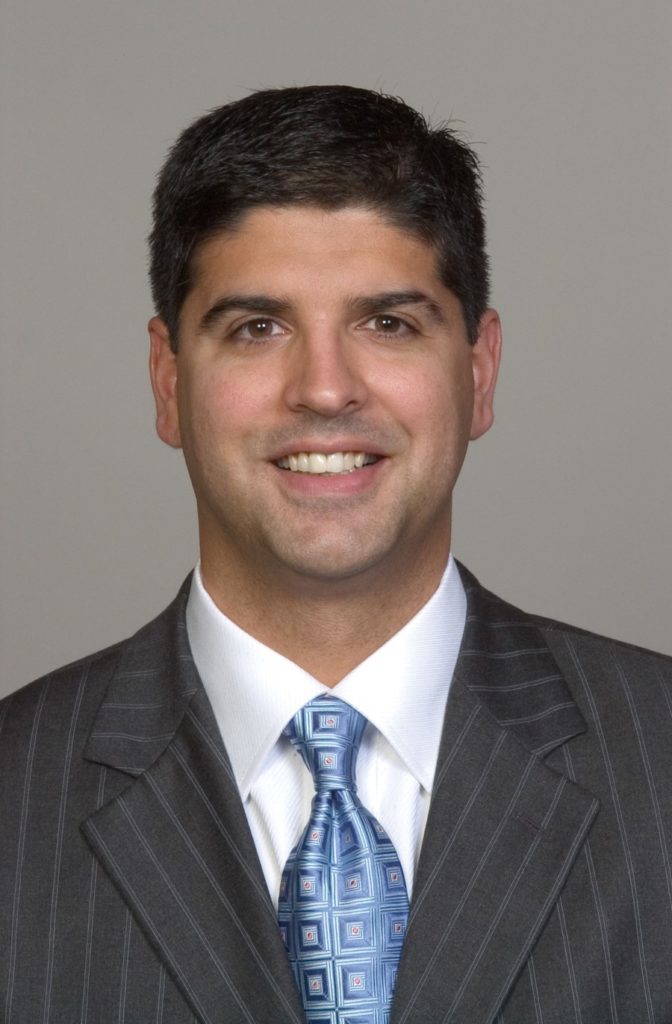
Editor’s Note, Jan. 3, 2020: For more information on this issue, please read the Jan. 3 article in sister publication McKnight’s Senior Living.

Argentum, an organization representing assisted living operators, recently applied to the American National Standards Institute (ANSI) to become the standards developer for the senior living community, particularly assisted living and memory care.
It’s a situation that skilled nursing operators will want to keep an eye on.
The purpose of ANSI is to enable an industry to create “consensus standards.” The goal is to include the entire industry, from manufacturers to end-users — or, in the case of senior living, from owner/operator to resident, and everyone in between, including regulators, consumer groups, nurses, researchers, accreditation organizations, other trade associations, etc.
ANSI’s rules are process-based, designed to give all interested parties a voice, in order to arrive at the industry’s consensus as to particular standards. While those in skilled nursing may not know of ANSI, an example of an ANSI-accredited standards developer is the National Fire Protection Association (“NFPA”), which plays a prominent role in establishing widely applied consensus-based fire and life safety codes.
The issue with Argentum’s application is that the rest of the industry either was not consulted or was not in favor of appointing Argentum as the industrywide standards developer. Despite the lack of industry support for Argentum’s application, however, ANSI approved it. This is a cause of concern to the industry because the same process used to evaluate and approve the application is used to develop and approve standards. The process is supposed to build industrywide consensus but, for this application at least, it did not. Recently, other national trade associations in assisted living — the National Center for Assisted Living, LeadingAge, and the American Seniors Housing Association — filed appeals with ANSI seeking to have ANSI’s approval of Argentum’s application reversed.
Argentum was given until Jan. 10 to respond to the appeals, and then there will be a hearing before ANSI’s Executive Standards Council, perhaps as early as Feb. 18.
So what can skilled nursing providers learn about this controversy? Ultimately, keen communication and understanding between associations is necessary to avoid these types of embroilments in the future.
Several questions remain: Should there even be ANSI standards for the healthcare industry in the first place? Even if you answer yes, should trade associations set the protocol for developing those standards? Will these types of standards really have an impact on quality of care?
These questions remain, and it is important for skilled nursing to follow developments closely.
Neville M. Bilimoria is a partner in the Chicago office of the Health Law Practice Group at Duane Morris LLP.
Editor’s Note, Jan. 3, 2020: For more information on this issue, please read the Jan. 3 article in sister publication McKnight’s Senior Living.





